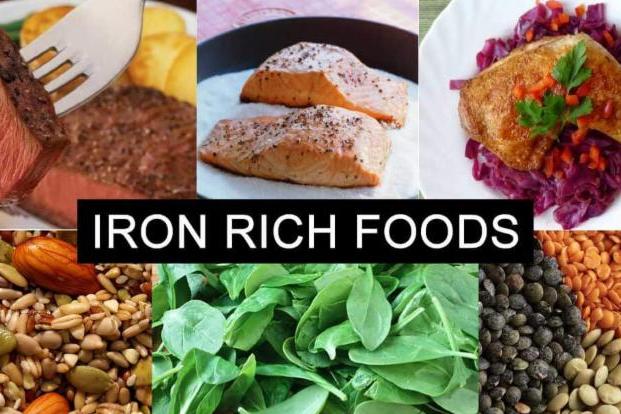WHY DO WOMEN NEED MORE IRON THAN MEN?
Apr 19, 2022
Women’s nutritional requirement changes during menstruation, pregnancy, breastfeeding and menopause.
The interplay of hormones throughout a woman’s menstrual cycle affects her body and free of mind mind. Energy intakes are basically higher in the premenstrual phase and few women also have food cravings as their period approaches. Eating high protein foods every few hours can often temper or stop food cravings.

It should not be done at the expense of other food groups, basically carbohydrates, which should form the basis of the diet. Iron is a mineral that works with other substances to create haemoglobinwhich carries oxygen in the blood. Women and men metabolise iron from food at roughly the same rate. However, while men need around 8 mg of iron in their daily diet, women require up to 18 mg (or 27 mg if pregnant). Iron deficiency is the most important and common nutrient deficiency in women. Insufficient iron can lead to anemia. Same symptoms of anemia include tiredness and breathlessness. Iron is especially important part during pregnancy.
Good dietary iron sources include:
- Red meat,including chicken and fish.
- Fortified cereals
- Legumes and nuts
- Leafy green vegetables.
Iron absorption can be impaired by very high fibre diets, alcohol, the tannic acid in tea and focus sources of calcium (like as , calcium supplements).Iron needs raised significantly during pregnancy as maternal blood volume raise the and the baby’s blood system is developing. Iron deficiency in pregnant women raised the risk of having a preterm or low birth weight baby, which can have a negative impact on the short and long-term health of the baby.









